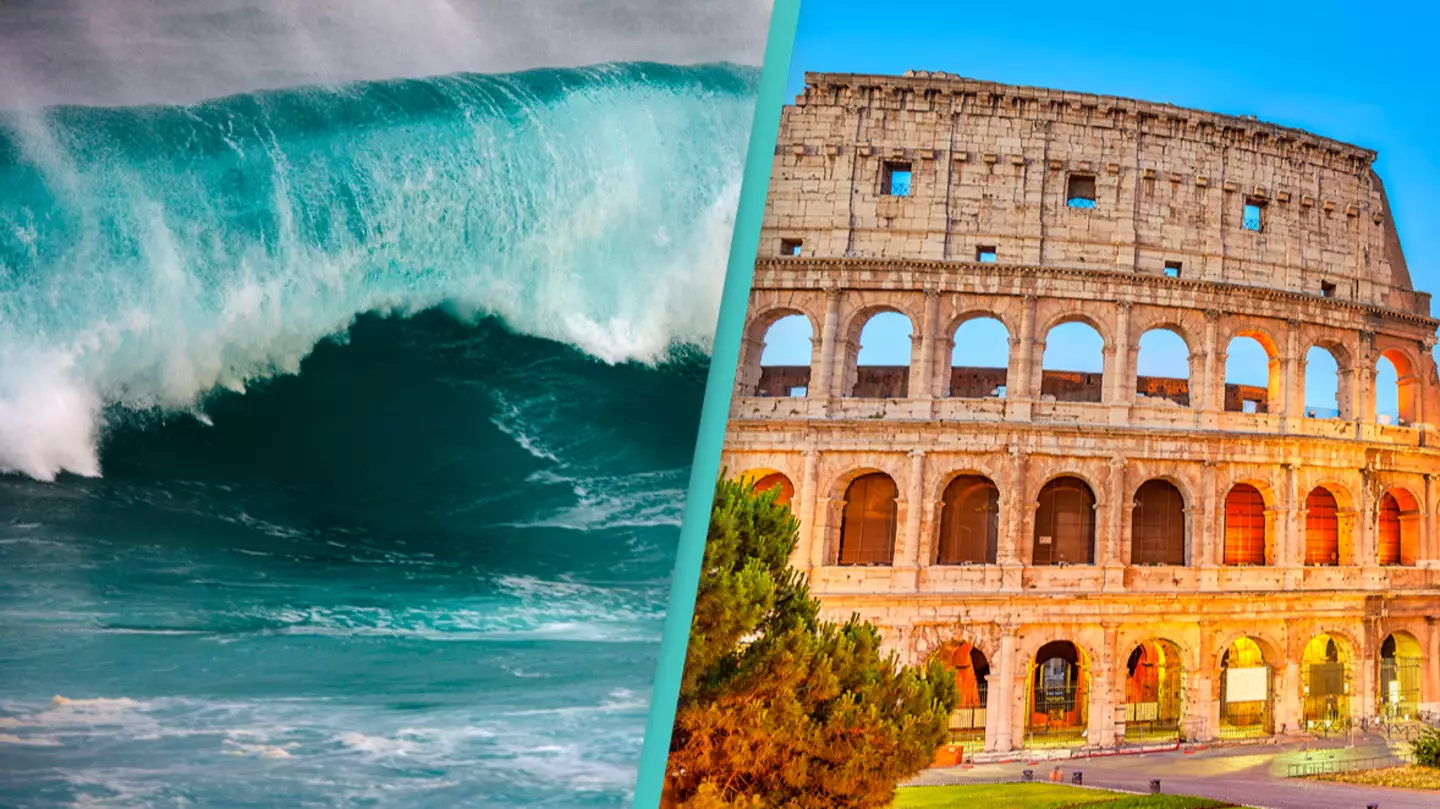
Unesco's lead tsunami expert has said the possibility of a tsunami hitting major cities on or near the Mediterranean Sea is not a question of 'if', but 'when'.
Unesco, the United Nations Educational, Scientific and Cultural Organization, has stressed the dangers of tsunamis are underestimated on coastal regions where they do not typically occur, but the risk is predicted to soar as sea levels continue to rise.
The organisation announced earlier this year that five at-risk communities in the Mediterranean would be joining the 40 existing 'tsunami-ready' towns and cities located across 21 countries in a bid to ensure residents know what to do in the event of a tsunami.
All at-risk communities are set to have the knowledge by 2030, with Marseille and Cannes in France, Alexandria in Egypt, Istanbul in Turkey, and Chipiona in Spain among the latest to join the group as the chances of a wave more than a metre high has nearly 100% chance of hitting in the next 30 years.
Bernardo Aliaga, lead tsunami expert at Unesco, referred to previous tsunamis in the Indian Ocean and Japan when discussing readiness, saying: "The tsunamis of 2004 and 2011 were a wake-up call. We have come a long way since 2004. We are safer today. But there are gaps in preparedness and we need to improve; we need to make sure warnings are understood by visitors and communities.”
Advert
Aliaga said work has been done to establish 12 tsunami-warning centres which cover most of the ocean, including five in the Mediterranean and north-east Atlantic, in Greece, Turkey, Italy, France and Portugal.
He continued: "The risk of tsunami is underestimated in most areas, including the Mediterranean. Events are not very frequent and the risk does not translate from one generation to another.
“We need to get the message out. In the Mediterranean, there is no question about it: it is not if, it’s when.”
Though warnings can go a long way in helping save lives, Aliaga made clear warnings are 'not the full story', adding: "The second part is community preparedness – how people behave and react. That has a way to go.”
Authorities in Alexandria, Istanbul, Marseille, Cannes and Chipiona are helping communities become more prepared by establishing evacuation signs, procedures, and plans for warning tourists, with Aliaga explaining residents have '20 minutes maximum' before the first wave hits of a local tsunami.
"The second wave is larger and comes 40 minutes after the first one," he said. "You still have the possibility of escape.”
Vladimir Ryabinin, executive secretary of Unesco’s Intergovernmental Oceanographic Commission, said that while more than 40 communities are now safer with the tsunami-ready programme, authorities will need to scale-up the programme in order to meet the 2030 goal.
If you have a story you want to tell, send it to UNILAD via [email protected]
Topics: World News, Environment